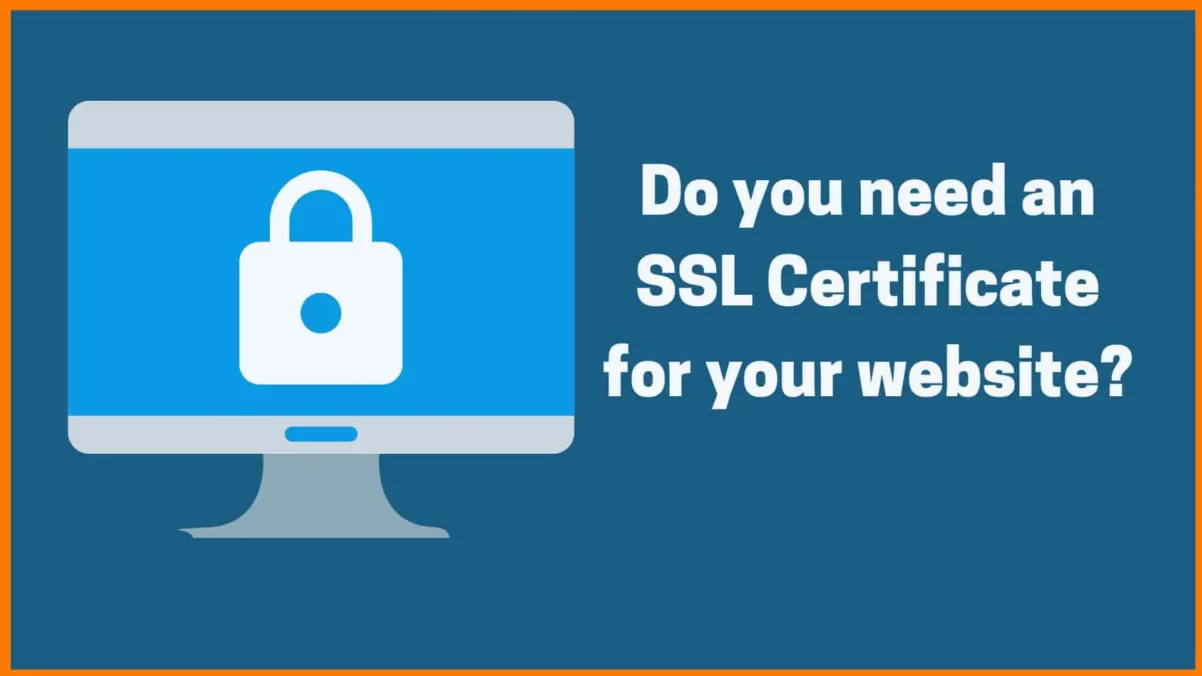In today’s digital age, ensuring the security of your website is paramount. One of the fundamental tools in achieving this is through the use of SSL certificates. In this article, we’ll delve into what SSL certificates are and why they are crucial for any website owner.

Understanding SSL Certificates
SSL stands for Secure Sockets Layer, which is a standard security protocol for establishing encrypted links between a web server and a browser. This encryption ensures that all data transferred between the web server and the browser remains private and integral. SSL certificates are small data files that digitally bind a cryptographic key to an organization’s details, securing the connection between the user’s browser and the server.
Importance of SSL Certificates
- Data Encryption: One of the primary functions of SSL certificates is to encrypt data transmitted between a user’s browser and the web server. This encryption prevents hackers from intercepting sensitive information such as login credentials, credit card details, and personal data.
- Authentication: SSL certificates also serve as a means of authentication. When visitors access a website with an SSL certificate, they can trust that they are connecting to the legitimate server and not an impostor. This helps build trust and credibility with your audience.
- SEO Benefits: Search engines like Google prioritize websites that use SSL certificates. Secure websites are given a slight ranking boost, which can positively impact your website’s visibility in search engine results pages (SERPs). This means that using SSL certificates can indirectly improve your website’s SEO performance.
- Protection Against Phishing: SSL certificates help mitigate the risk of phishing attacks. Since SSL-secured websites display a padlock icon and use HTTPS in the URL, users are more likely to trust them. This reduces the likelihood of falling victim to phishing scams where attackers attempt to impersonate legitimate websites to steal sensitive information.
- Regulatory Compliance: Many regulatory bodies, such as the Payment Card Industry Data Security Standard (PCI DSS), require websites that handle sensitive information to use SSL certificates. Compliance with these regulations is essential for businesses to avoid penalties and maintain the trust of their customers.
How to Obtain an SSL Certificate
Obtaining an SSL certificate is a relatively straightforward process:
Choose a Certificate Authority (CA): There are numerous CAs that offer SSL certificates, ranging from commercial providers to free options such as Let’s Encrypt.
Generate a Certificate Signing Request (CSR): This involves creating a private key and a CSR containing your organization’s details. This CSR is then submitted to the chosen CA.
Validation: The CA verifies the authenticity of your organization before issuing the SSL certificate. The validation process may vary depending on the type of certificate chosen (e.g., Domain Validated, Organization Validated, Extended Validation).
Installation: Once the SSL certificate is issued, it needs to be installed on your web server. This typically involves configuring your server to use the certificate and enabling HTTPS.
Conclusion
In conclusion, SSL certificates play a crucial role in securing websites and protecting sensitive information. From encrypting data to providing authentication and SEO benefits, the advantages of using SSL certificates are clear. By investing in SSL certificates, website owners can enhance their security posture, build trust with their audience, and comply with regulatory requirements. Thus, if you haven’t already implemented SSL on your website, now is the time to do so.
At Keev webdesign studio we are prepared to help you implement SSL certificate for your website. Visit our Maintenance page for more.

